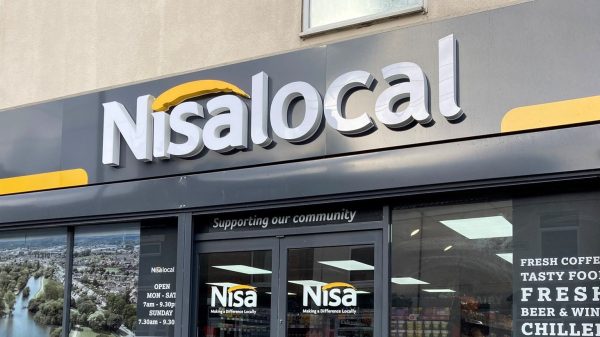Half of UK adults who reduced their meat intake (49%) are finding that a plant-based diet is more expensive than if they were to eat animal products, new data has revealed.
According to a survey conducted by market research and insight company Opinium, three in ten (31%) UK adults who didn’t previously keep to a vegan or vegetarian diet have reduced their consumption of animal products to try and cut grocery costs.
However, despite the attempt to cut costs through consuming less meat and dairy, half of the respondents believe that their plant-based diet is more expensive than before.
Subscribe to Grocery Gazette for free
Sign up here to get the latest grocery and food news each morning
With inflation falling to 10.1% this month, eight in 10 Brits (82%) are looking for ways to get more value and reduce the cost of their supermarket shop, with a third (34%) saying they’d consider going plat-based in the future if it would mean lower costs.
Half (47%) of those who reduced animal product consumption are replacing conventional meat products with plant-based meat alternatives on a regular basis.
For those who aren’t so keen on a plant-based diet, meat eaters would be most likely to consider reducing meat/fish/dairy consumption if supermarkets offer deals or price reductions (30%) or suggested recipes (20%).
The most popular action consumers are likely to take to reduce their grocery shop is cutting down on luxuries or treats (58%), and a quarter (23%) of UK adults have changed the way they cook because of the cost-of-living crisis.
Looking at attitudes towards sustainability more generally, seven in 10 (69%) UK adults are worried about the current state of the environment, and three in 10 (29%) consider supermarkets responsible for encouraging changes to sustainable shopping behaviours.
However, while people are open to sustainable shopping, the most popular initiatives couple sustainability with cost savings.
Nine in 10 (89%) UK adults are likely to purchase wonky or imperfect produce if discounted, whilst 72% would be interested in using a deposit return scheme – encouraging shoppers to return empty single-use plastics such as bottles or cans in return for small amounts of cash.
“Whether it’s ethical supply chains, sustainable power sources, cutting plastic use or reducing food waste, there is an ever-extending list of environmental issues that supermarkets are under pressure to tackle,” senior researcher at Opinium, Francesca Silve said.
“Our research finds that almost a third of consumers hold supermarkets responsible for encouraging sustainable shopping behaviour, more so than the government.”
She added: “It’s positive to see that consumers are willing to do their bit too, but with a potential recession on the horizon and rising costs pushing many households into financial turmoil, it’s clear that effecting changes in consumer behaviour will require some cost incentive.
“It has long been reported that plant-based lifestyles are an effective way of reducing environmental impact, with vegan and vegetarian products generally being associated with less greenhouse emissions and needing less agricultural land and water than animal products,”
“Many consumers have looked to reducing their consumption of animal products as an environmental & wallet friendly lifestyle change.
“However, our research shows that there is work to be done in making the cost saving aspect of switching to plant-based alternatives a reality for consumers,” Silve commented.
It comes as Veganuary 2023 broke all previous records with 706,965 participants officially signing up to the 31-day plant-based pledge.










